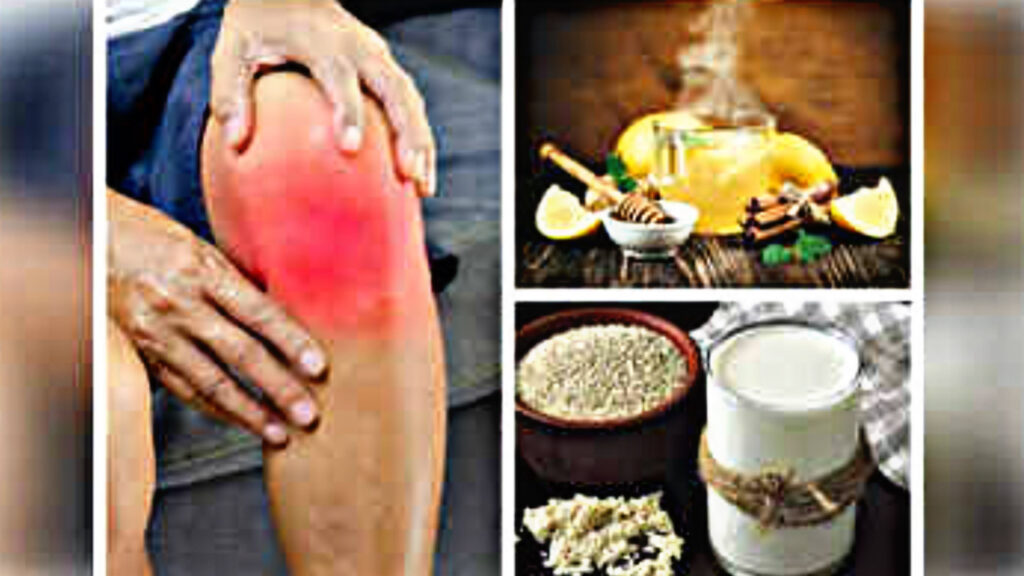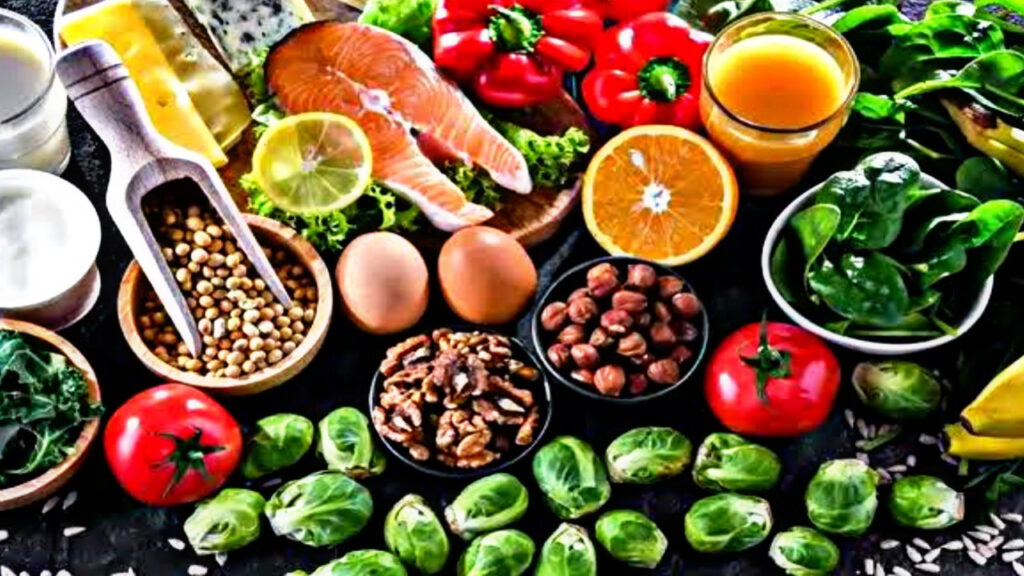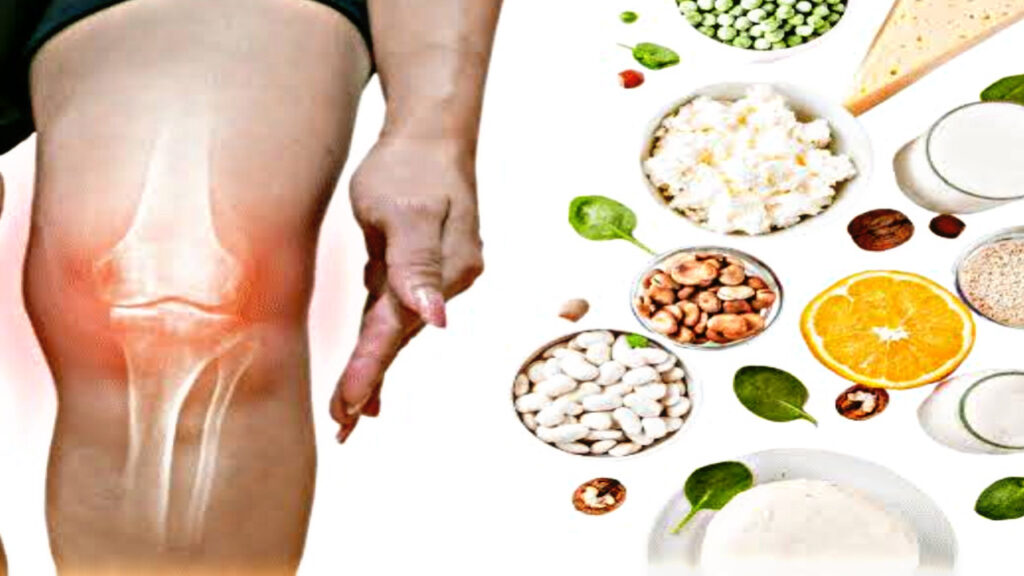Strong Bones Tips
Strong bones are essential for overall health, mobility, and quality of life. As we age, maintaining bone strength becomes even more important to prevent conditions like osteoporosis and fractures. While genetics and exercise play a role, diet is a critical factor in building and maintaining healthy bones. So, what should you include in your diet for strong bones? Let’s explore key nutrients and foods that support bone health.

- Calcium – The Building Block of Bones
Calcium is the most important mineral for bone strength. About 99% of the calcium in your body is stored in your bones and teeth. To keep bones dense and strong, you need adequate calcium intake daily. Adults typically require around 1,000 to 1,200 mg of calcium per day.
Good dietary sources of calcium include:
Dairy products like milk, yogurt, and cheese
Leafy green vegetables such as kale, spinach, and broccoli
Fortified foods like orange juice, cereals, and plant-based milk (almond, soy)
Fish with edible bones, such as sardines and canned salmon
- Vitamin D – Helps Absorb Calcium
Vitamin D is essential because it helps your body absorb calcium from food. Without enough vitamin D, calcium intake alone won’t be very effective. Vitamin D is naturally produced in the skin when exposed to sunlight, but many people don’t get enough sun exposure.
Sources of vitamin D in your diet include:

Fatty fish like salmon, mackerel, and tuna
Egg yolks
Fortified dairy products and cereals
Supplements if recommended by a healthcare provider
- Protein – Supports Bone Structure
Protein is often overlooked but plays a vital role in bone health. Collagen, the main structural protein in bones, needs sufficient dietary protein to be synthesized. Both plant and animal proteins are beneficial, but balance is key because excessive protein can lead to calcium loss if not balanced with adequate calcium intake.
Good protein sources:

Lean meats, poultry, and fish
Eggs and dairy products
Beans, lentils, tofu, and nuts
- Other Important Nutrients for Bone Health
In addition to calcium, vitamin D, and protein, certain other nutrients support bone strength:
Magnesium helps convert vitamin D into its active form, aiding calcium absorption. Found in nuts, seeds, whole grains, and leafy greens.
Vitamin K is important for bone mineralization. Sources include kale, spinach, and broccoli.
Phosphorus works with calcium to build bones. It’s found in dairy, meat, nuts, and legumes.
Zinc supports bone growth and repair. Found in meat, shellfish, legumes, and seeds.
- Foods to Limit for Bone Health– Certain dietary habits can weaken bones. Limit:
Excessive salt (sodium), which can increase calcium loss
High caffeine intake, which may interfere with calcium absorption
Sugary beverages and processed foods, which may reduce bone density
- Lifestyle Tips Alongside Diet
For best results, combine a bone-friendly diet with regular weight-bearing exercise like walking, jogging, or resistance training. Avoid smoking and limit alcohol consumption, as these habits can negatively affect bone health.
A diet rich in calcium, vitamin D, protein, and other bone supporting nutrients is key to maintaining strong bones throughout life. Focus on natural, whole foods like dairy, leafy greens, nuts, and fish while minimizing processed foods and excessive salt or caffeine. Pair these dietary habits with a healthy lifestyle to build and preserve your bone strength for years to come.





